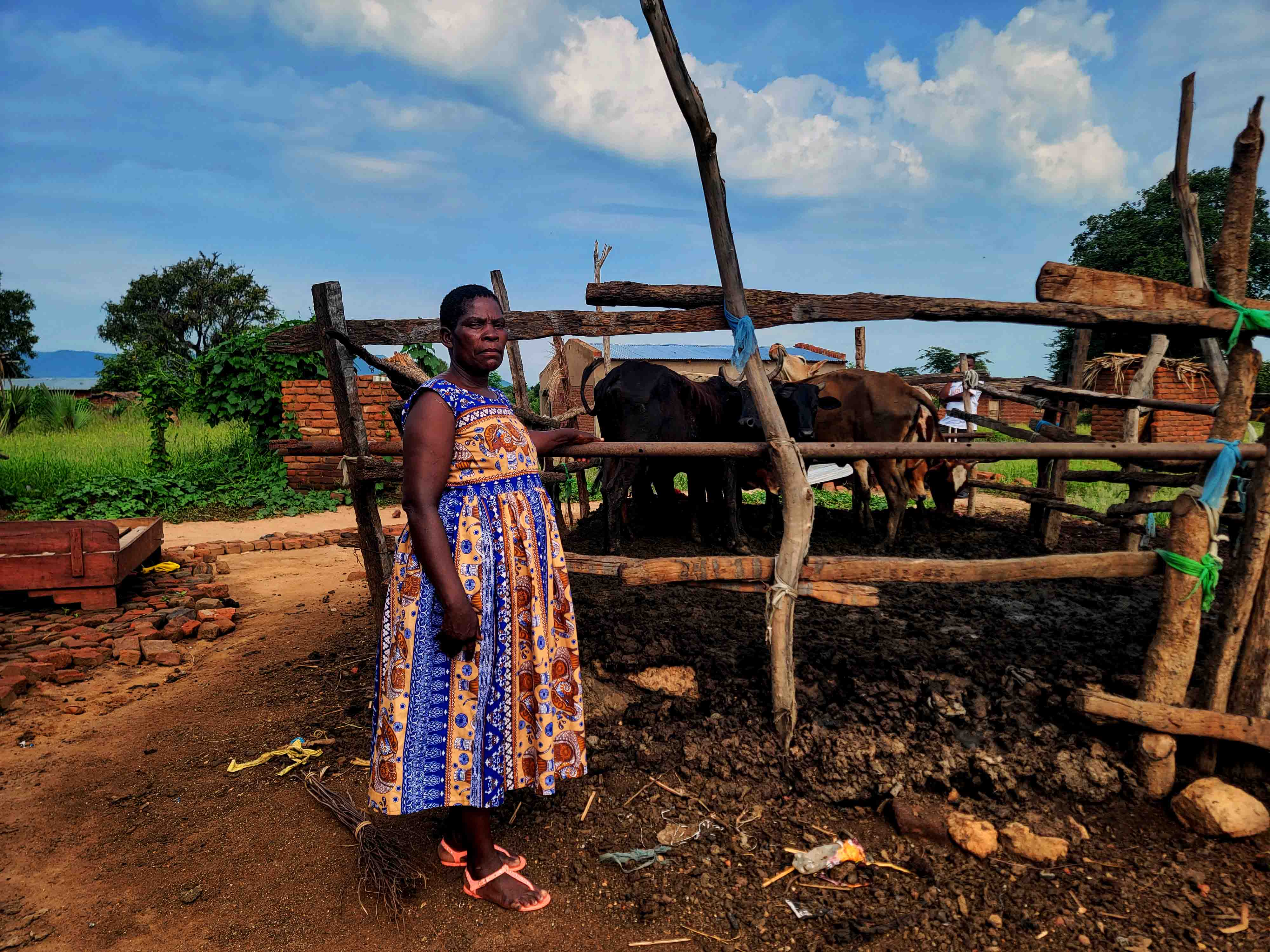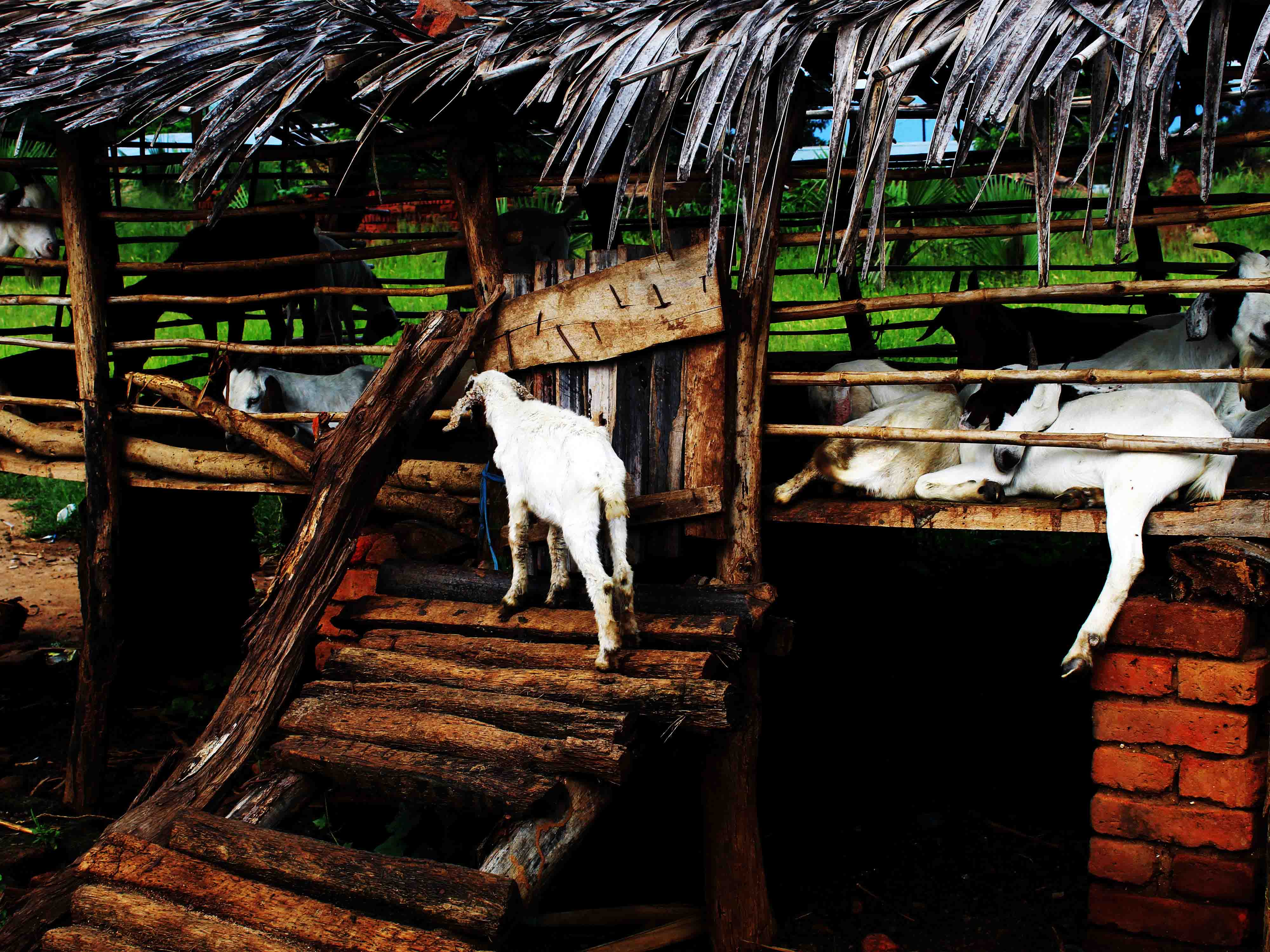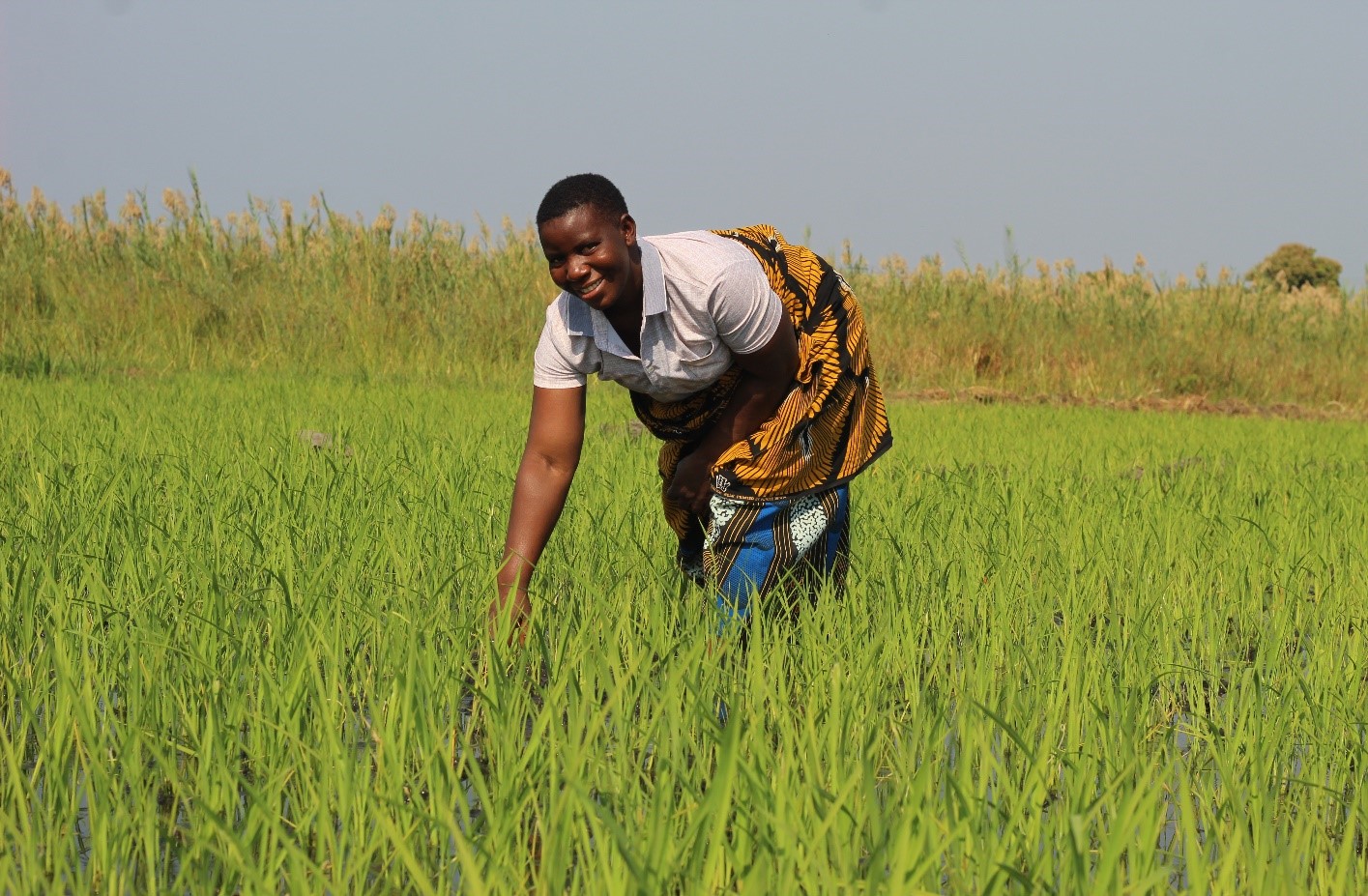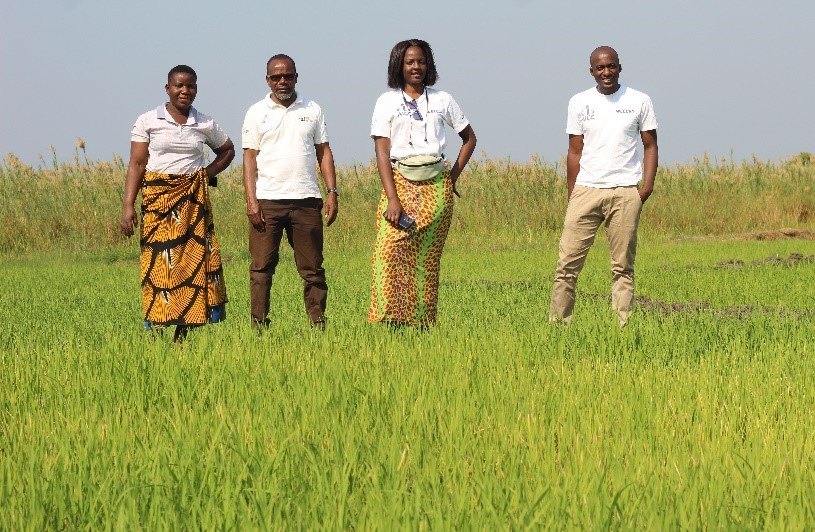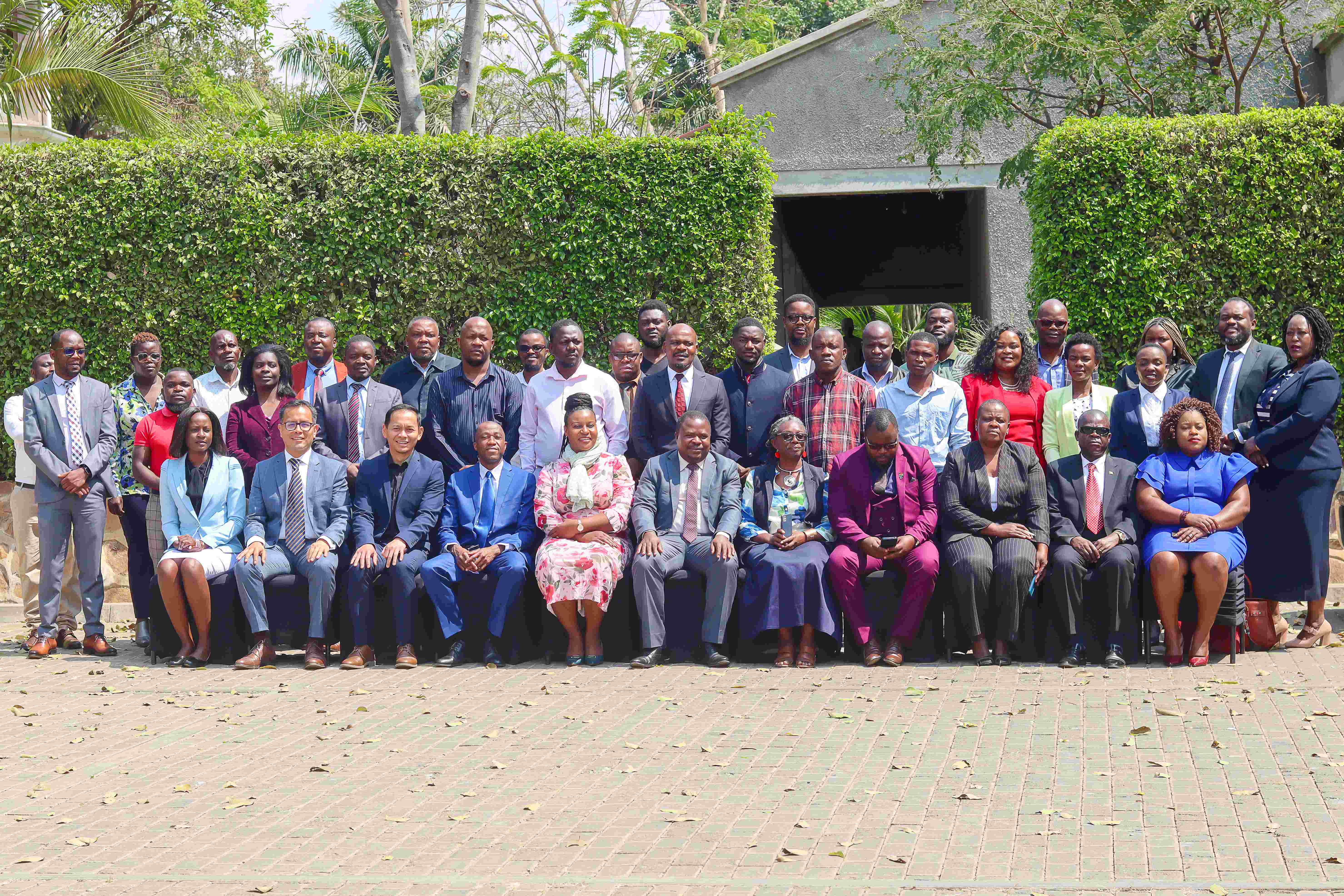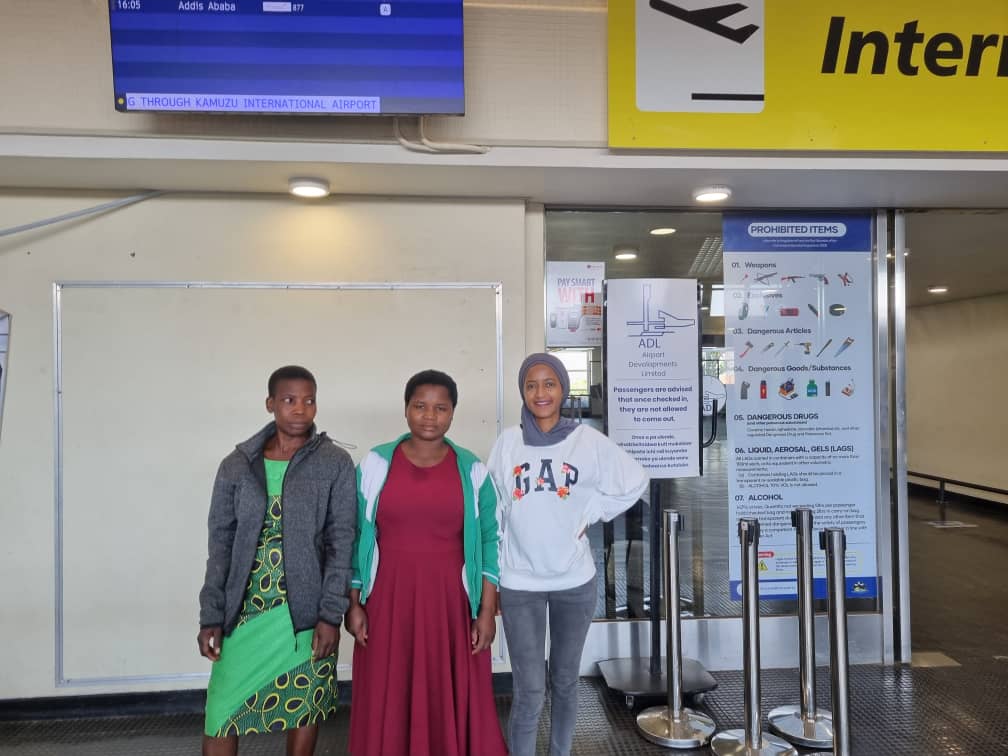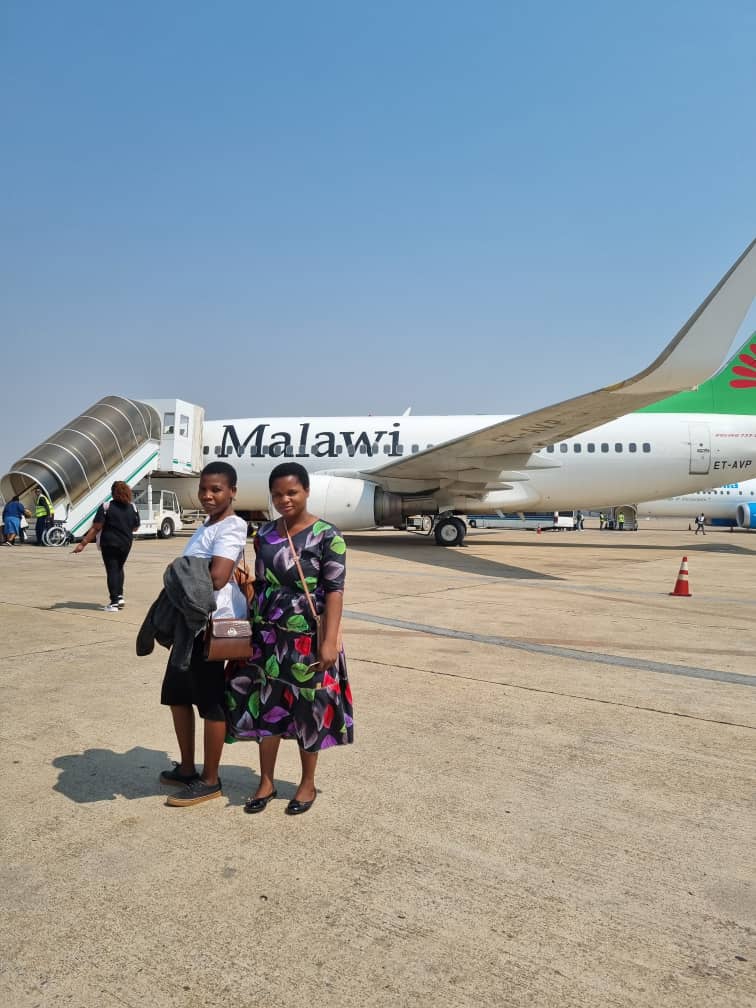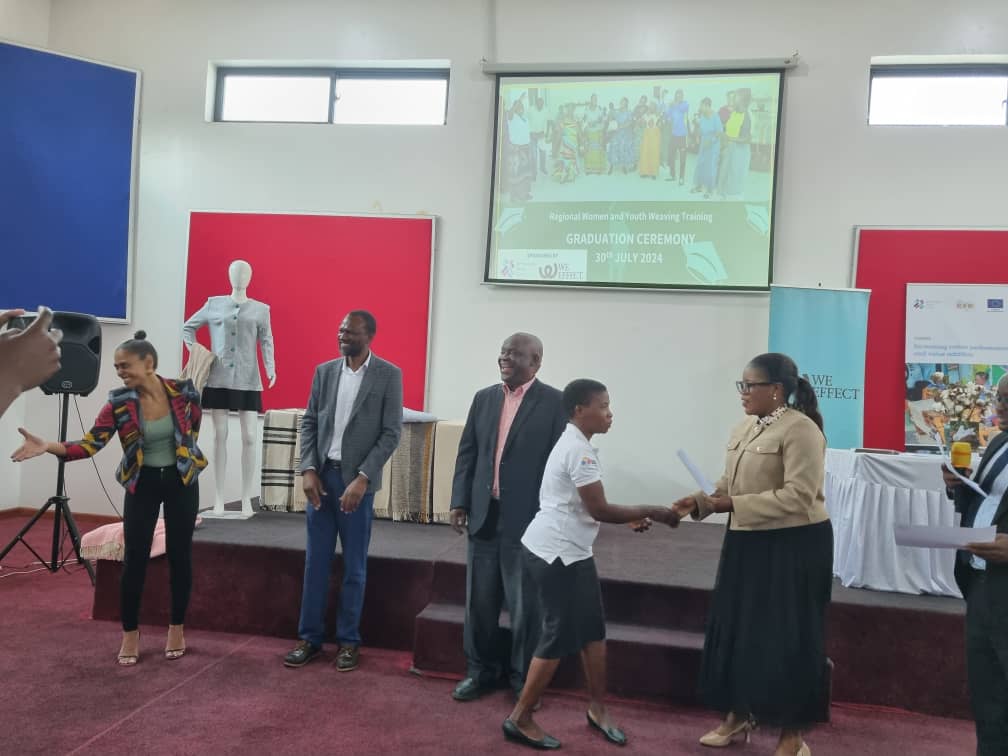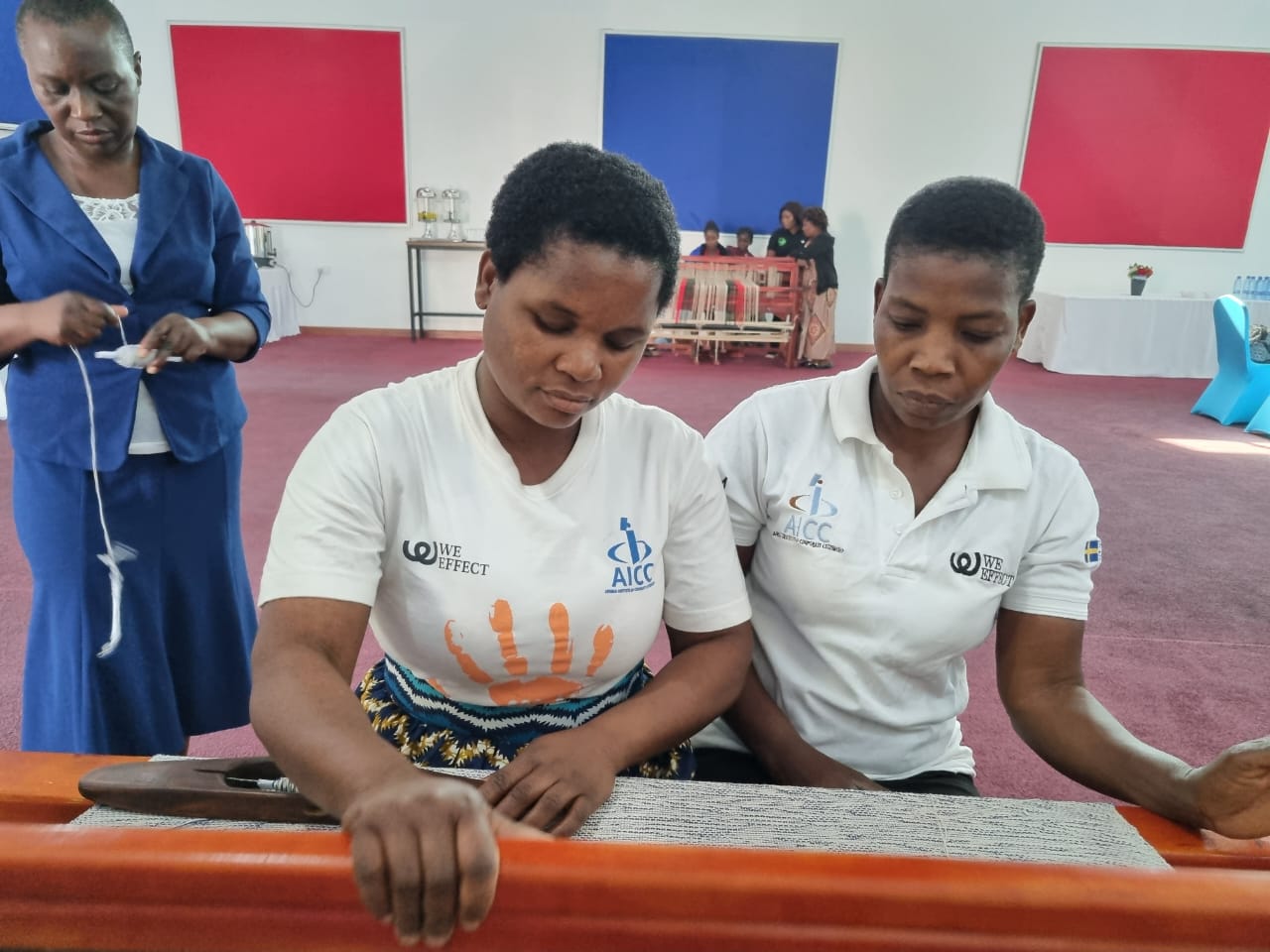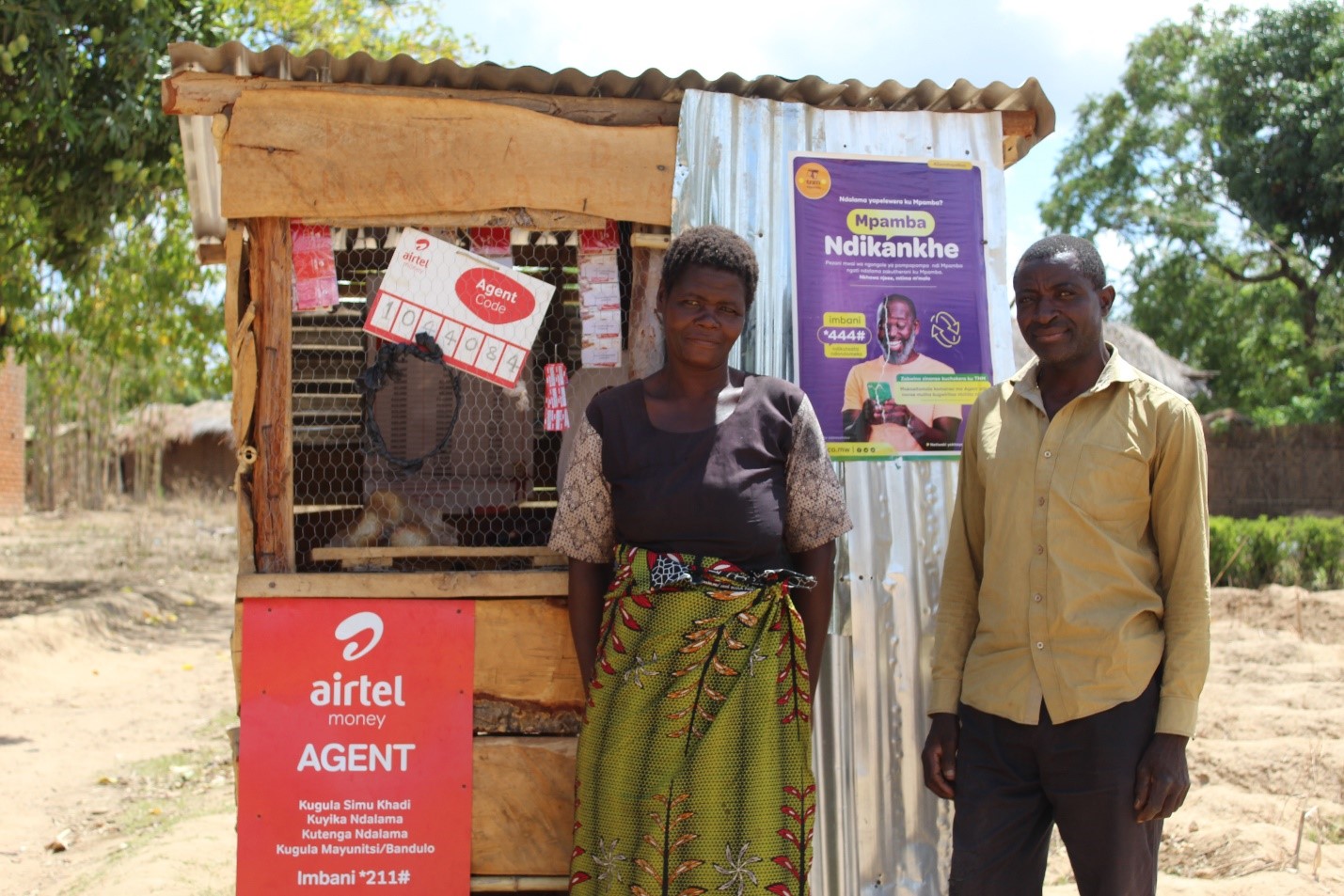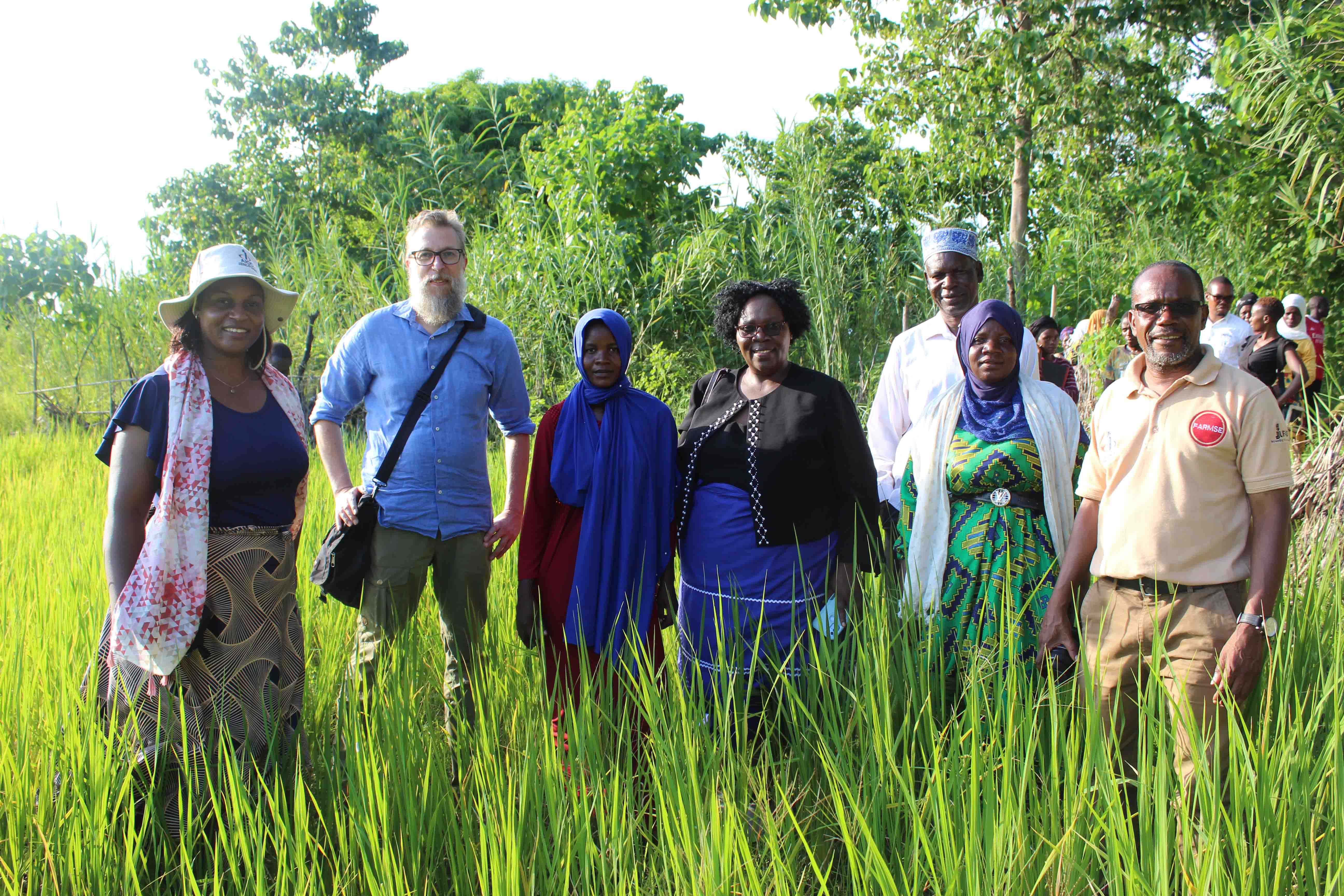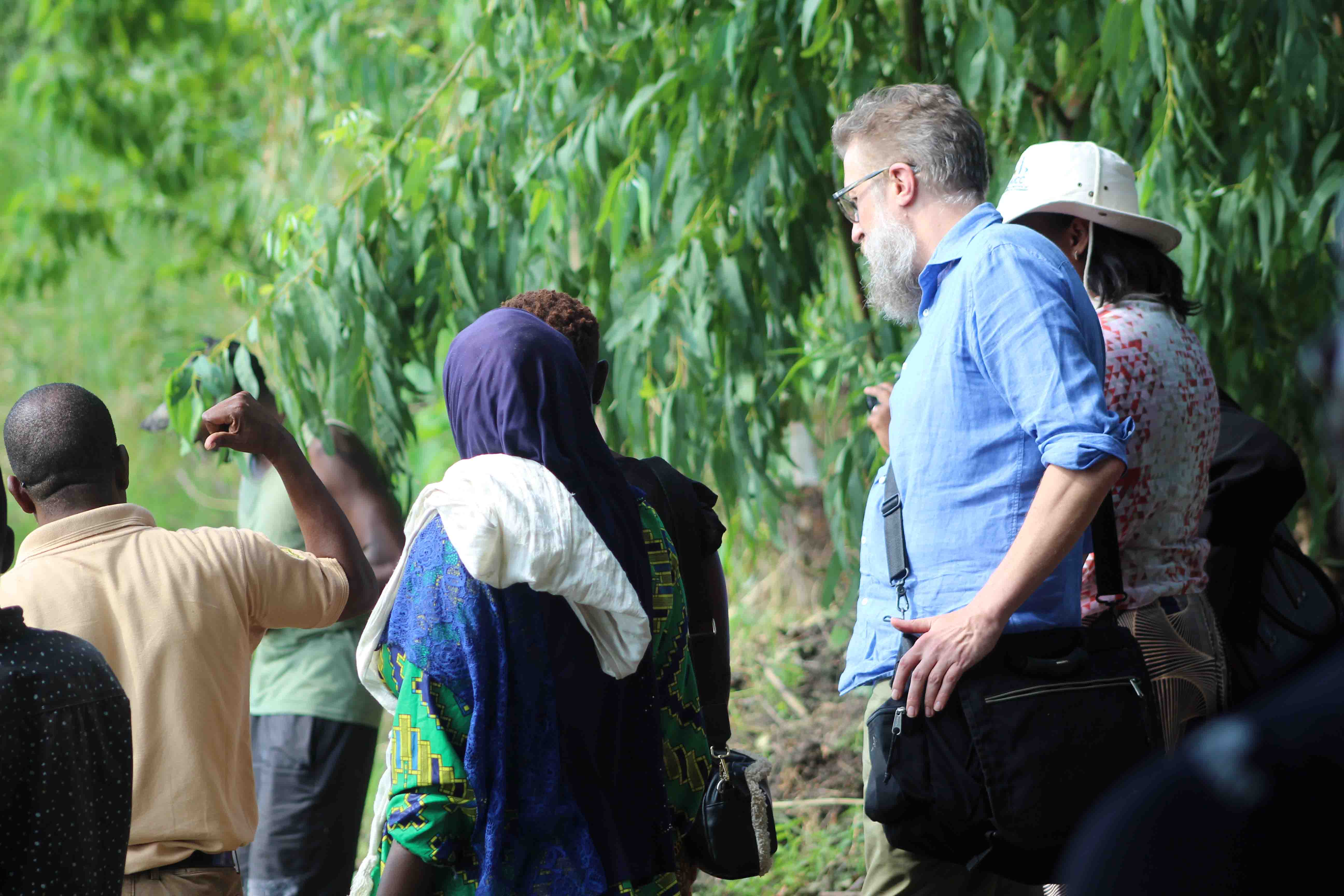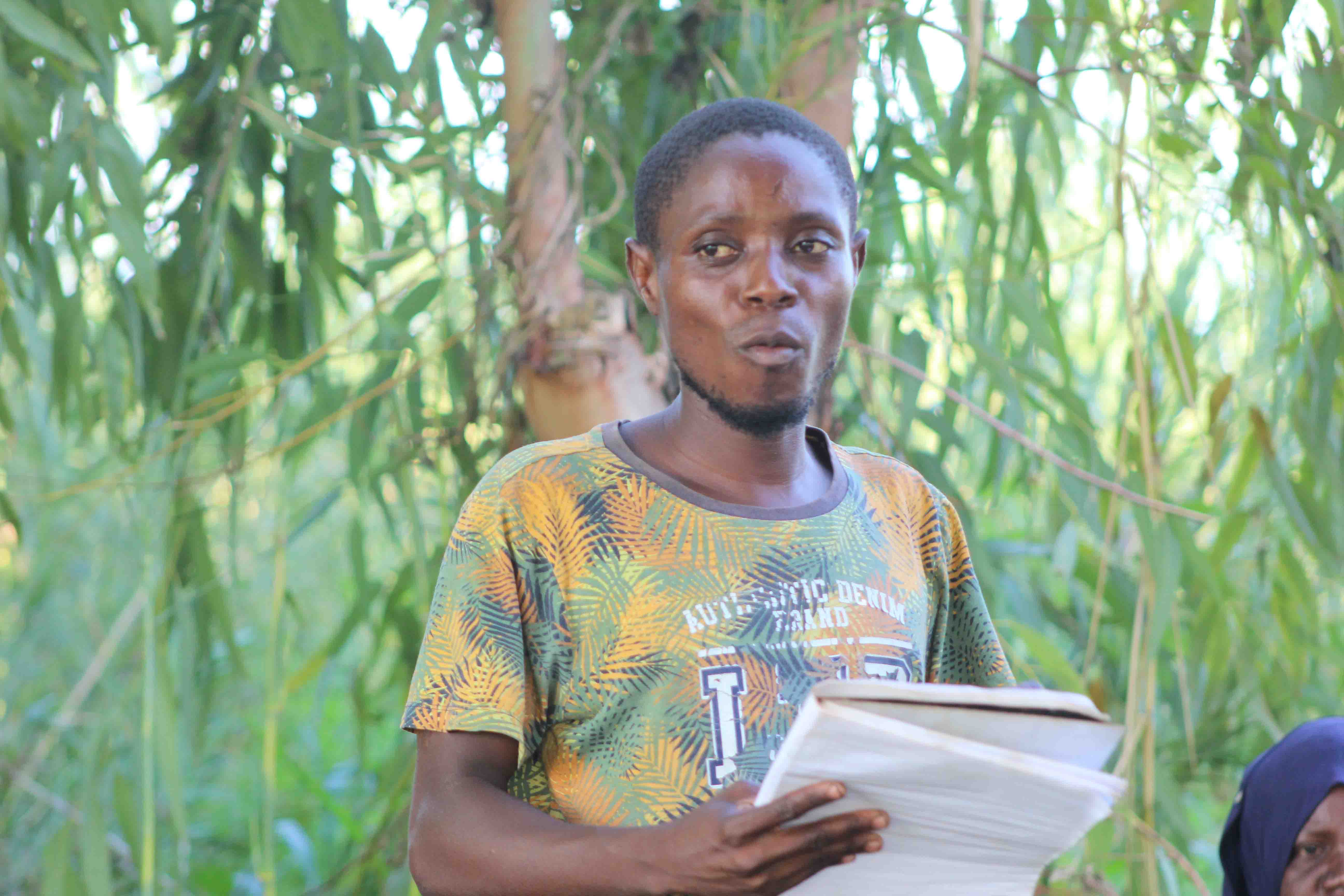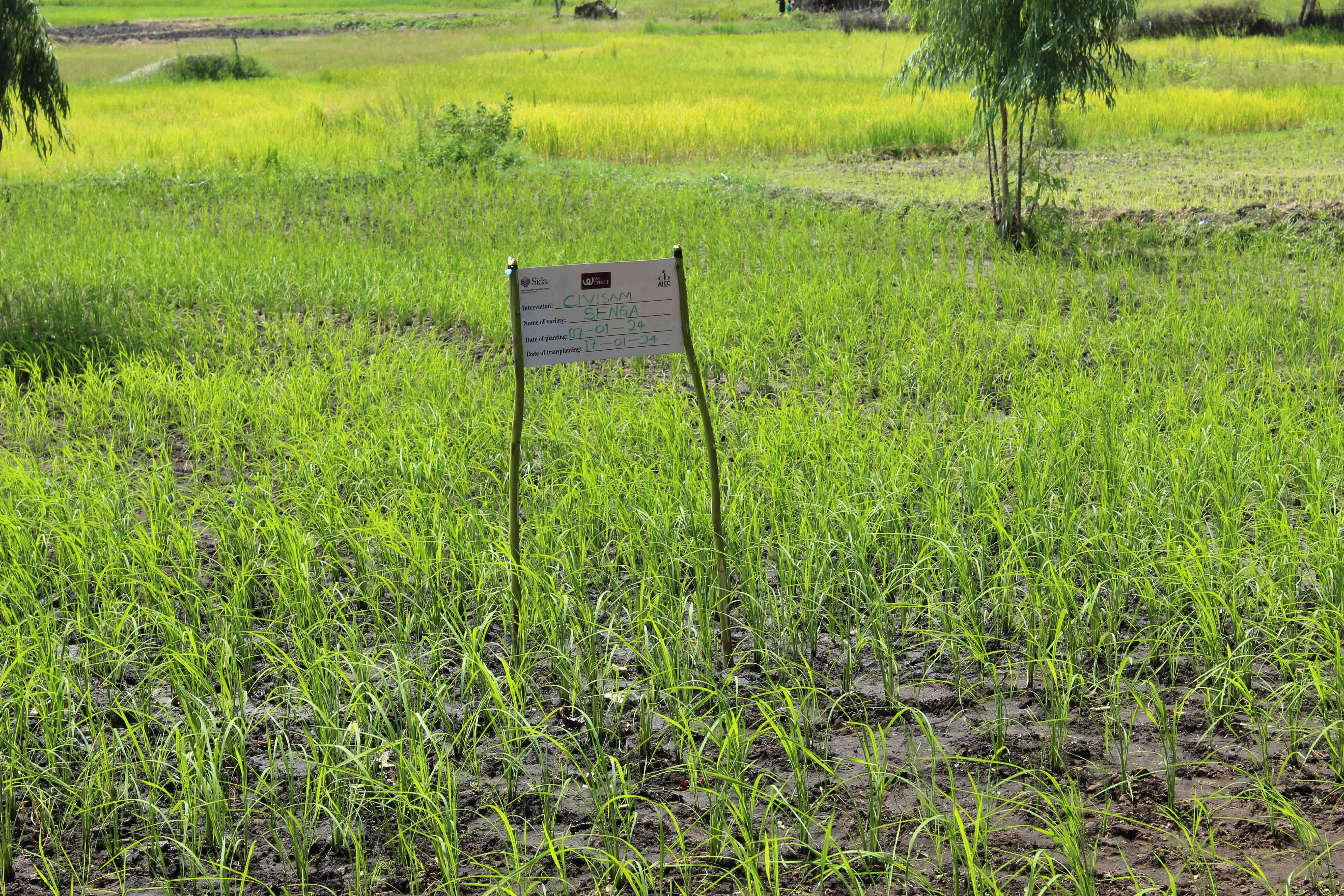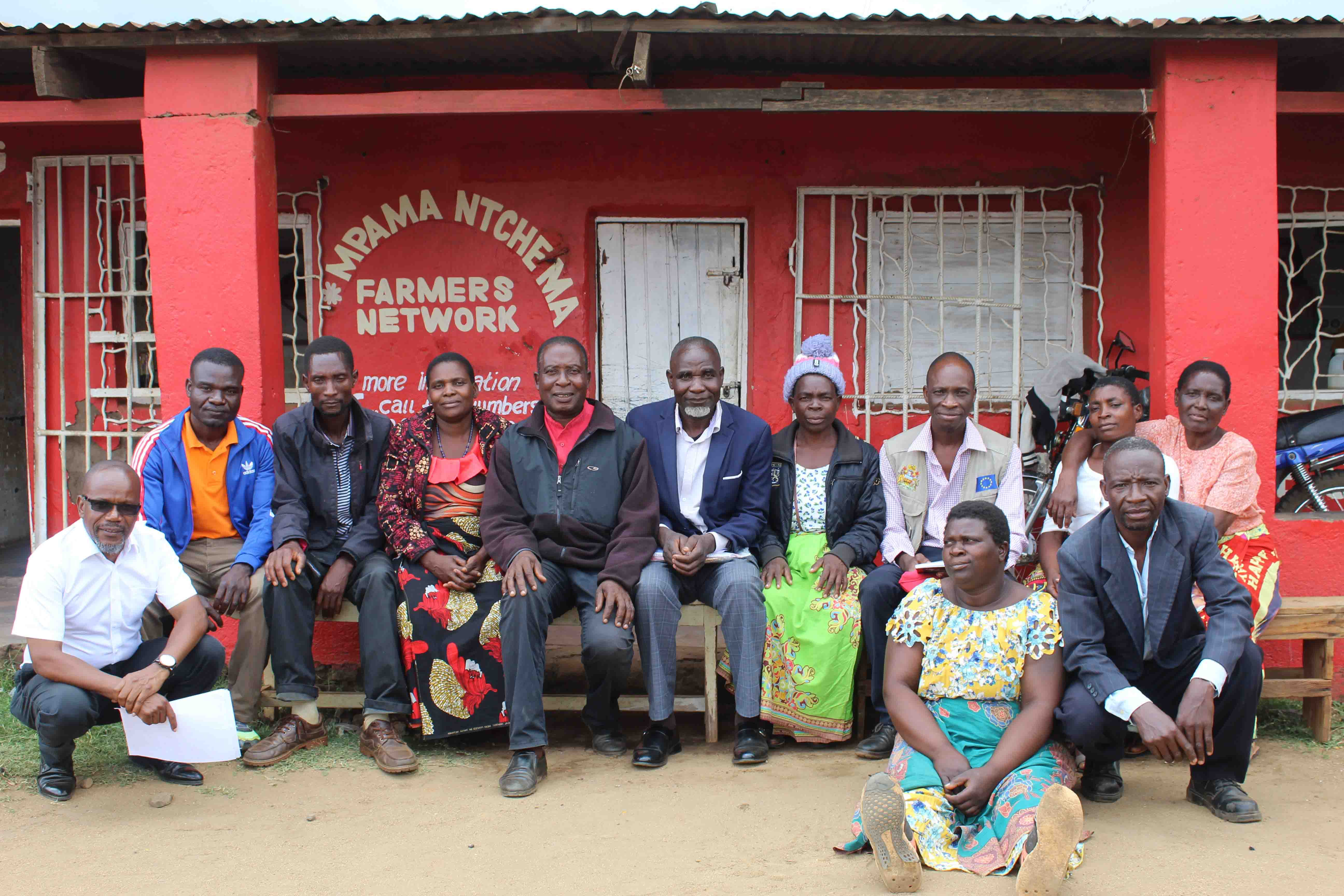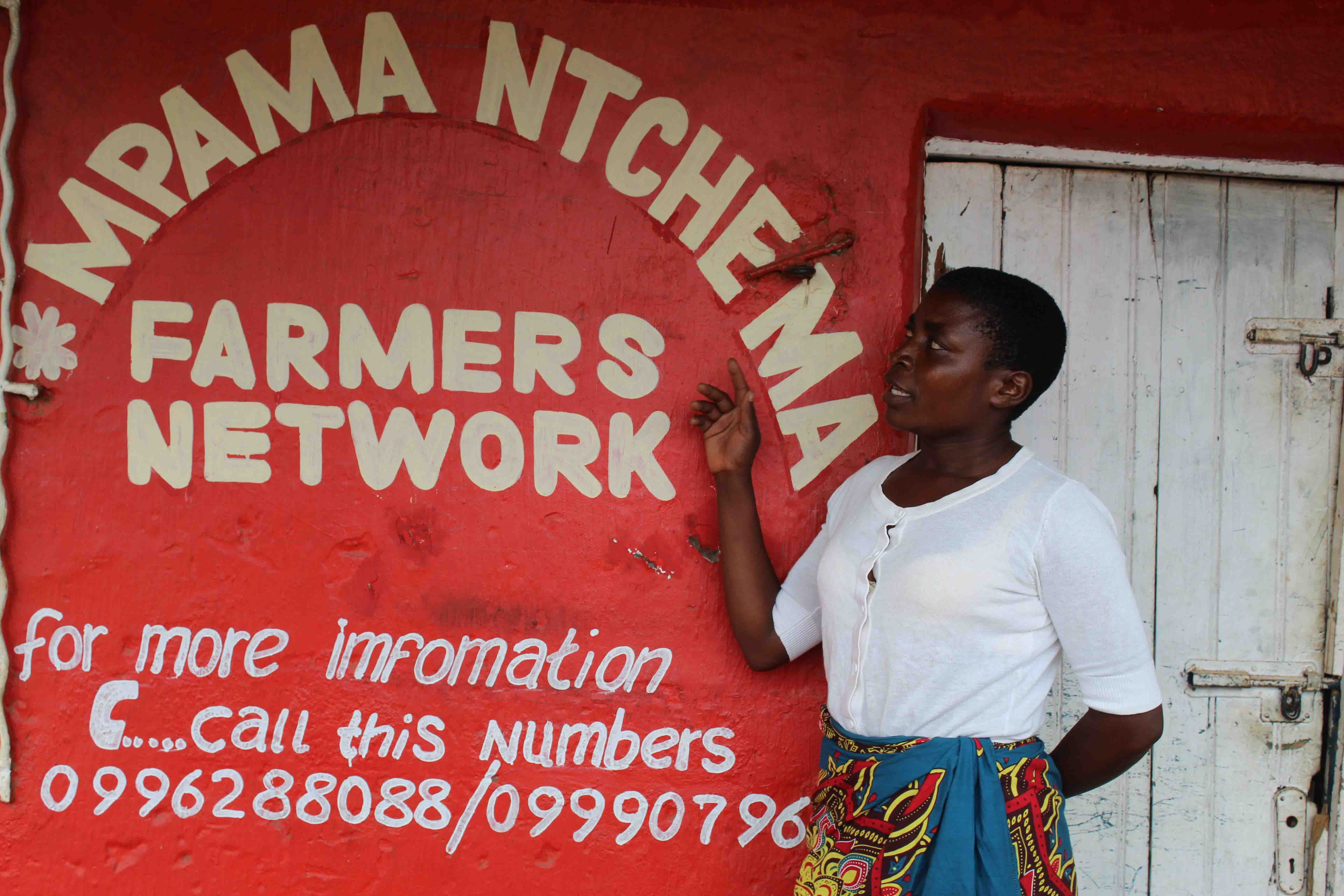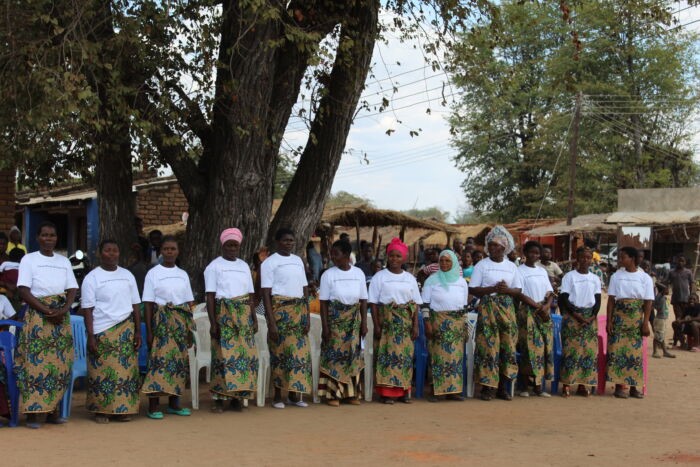While the role of SAIs in scrutinizing public expenditures and holding governments accountable
is undeniably crucial, the unique position of CSOs cannot be overlooked. CSOs have the potential
to amplify audit findings, advocate for necessary reforms, and engage the public to ensure
greater transparency. The workshop aimed to bridge the gap between the National Audit Office and
CSOs by fostering collaboration that not only enhances audit effectiveness but also strengthens
the role of CSOs in PFM. This partnership is not just essential, but it's a game-changer for
promoting good governance and ensuring public resources are used responsibly.
Driana Lwanda, CEO of AICC, underscored the significance of collaboration, stating,
At AICC, we believe that strong partnerships are the foundation of good governance. This
workshop demonstrates our commitment to fostering cooperation between SAIs and CSOs, who must
work hand in hand to ensure transparency and accountability in managing public resources.
Together, we can build a Malawi where accountability becomes a reality.
The Auditor General of Malawi emphasized the need for audit findings to lead to concrete
actions, highlighting the critical role that CSOs can play in ensuring these findings lead to
tangible improvements in public financial management. The IDI representative echoed these
sentiments, noting the global importance of SAI-CSO collaboration and supporting IDI's
initiative.
Throughout the three days, participants engaged in deep discussions on topics critical to
SAI-CSO collaboration. They explored how collaboration can elevate the impact of audit findings
by ensuring they lead to real action. Participants also addressed the need to strengthen legal
frameworks governing PFM, advocating for reforms that would give SAIs and CSOs more excellent
tools and authority. Moreover, discussions focused on building mutual understanding between SAIs
and CSOs, addressing knowledge gaps on both sides to improve cooperation.
The workshop was part of the broader "Collaboration, Action, and Dialogue to Strengthen the
Engagement of SAIs and CSOs in Improving Public Financial Management (CADRE)" project, which was
launched at a separate event earlier. Funded by the Ministry of Foreign Affairs of France, the
CADRE project seeks to transform how SAIs and CSOs work together to enhance accountability in
Malawi. It addresses critical challenges such as regulatory gaps and the limited capacity of
both SAIs and CSOs to collaborate effectively. The project focuses on building capacity,
promoting better resource management, and incorporating gender and social inclusion in PFM
efforts.
As the workshop concluded, participants developed a roadmap for future collaboration between
SAIs and CSOs. This roadmap outlines practical steps to ensure ongoing collaboration, including
regular joint activities, capacity-building initiatives, and a robust monitoring and evaluation
framework to track progress and impact on PFM.
The success of this workshop is not just a milestone, but a testament to the commitment of AICC,
NAO, and IDI to advancing transparency and accountability in Malawi. However, the true measure
of success will be the tangible improvements in governance and public financial management
resulting from this collaboration. AICC, alongside NAO and IDI, is not just committed, but
dedicated to ensuring that the progress made during this workshop translates into lasting
change. By working together, SAIs and CSOs can become a powerful force driving the reforms
needed to build a more transparent, accountable, and inclusive Malawi.
AICC continues to lead efforts toward sustainable development in Africa, fostering partnerships
that drive positive change. In collaboration with NAO and IDI, AICC remains dedicated to
promoting good governance and accountability across Malawi and the broader region.
